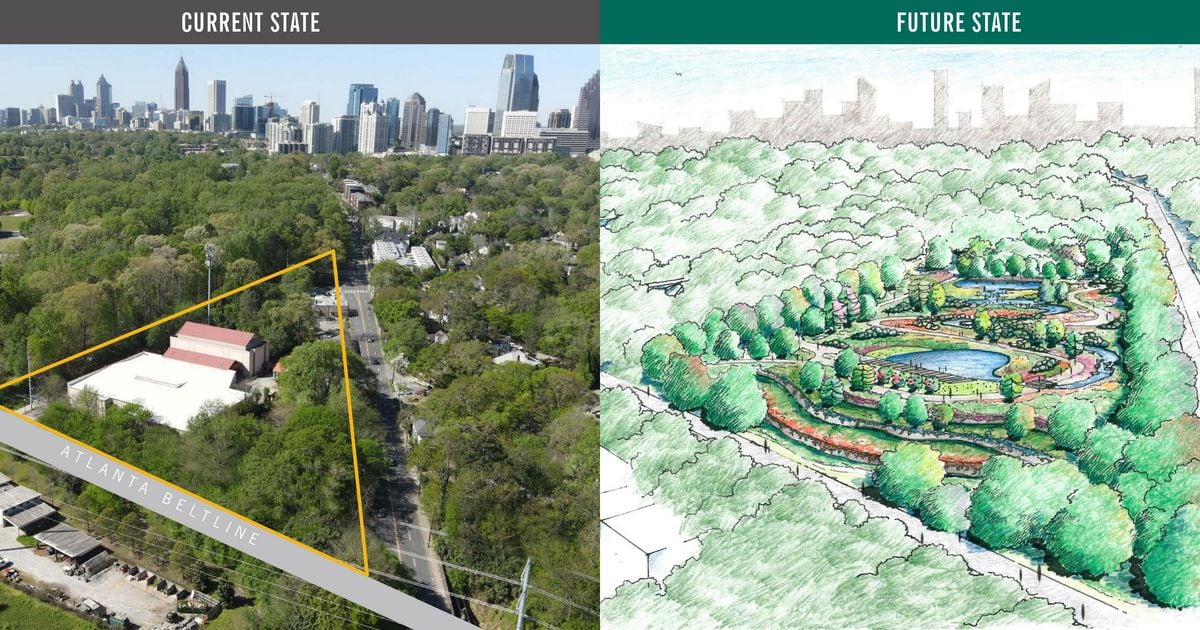Burning bush – a commonly planted landscape shrub preferred for its fire-engine-purple tumble foliage – has been deemed invasive by the condition Department of Agriculture and will be phased out of sale in Pennsylvania.
The Ag Department’s Controlled Plant and Noxious Weed Committee voted to include burning bush as very well as 4 species of privets to the state’s Managed Plant and Noxious Weeds record as of Jan. 10, indicating people plants will be banned for sale in Pennsylvania garden facilities and nurseries.
As with two other well-known landscape plants that not long ago landed on the noxious-weeds checklist (Japanese barberry and flowering pear trees), the bans on burning bush and privets will be phased in.
“The grace time period for these plants will be introduced in January, alongside with processes for merchants and proposed native choices for property owners wishing to exchange their shrubs,” mentioned Ag Section press secretary Shannon Powers. “Homeowners will not be questioned to take out bushes, but to look at changing them and management the unfold of existing shrubs.”
- Browse George Weigel’s column on superior replacements for 17 invasive landscape vegetation
The most recent bans keep on a condition crackdown on invasive plants that commenced in late 2021 and early 2022 when Japanese barberries, flowering (callery) pears, ravenna grass, Japanese stiltgrass, garlic mustard, and frequent and glossy buckthorns were being included to the noxious-weed listing.
Powers explained that Japanese barberries will be banned from sale as of Oct. 8, 2023, and flowering pears will be banned as of Feb. 10, 2024. Shiny buckthorn’s grace period ends in February 2023. (The other folks are not greatly out there in back garden facilities or aren’t offered at all.)
Although crops can be bought right up until the over cutoff dates, Powers extra that “we would extremely discourage property owners and landscapers from purchasing them and as a substitute stimulate them to plant native, non-invasive possibilities.”
4 versions of barberries have been exempted from the ban since they’ve been confirmed to be sterile (i.e. they do not produce feasible seeds that make vegetation invasive). These 4 can be sold in Pennsylvania and are all customers of the WorryFree collection created at the College of Connecticut – Crimson Cutie, Lemon Cutie, Lemon Glow, and Mr. Inexperienced Genes.
Before this year, three more vegetation had been additional to the noxious-weeds record – chocolate vine (Akebia), lesser celandine, and wild chervil.
The Managed Plant and Noxious Weed Committee plans to take into account starry stonewort and five species of non-native honeysuckles to the noxious-weeds listing at its up coming conference in January.
- Go through more on the state’s crackdown on invasive crops
Condition Agriculture Secretary Russell Redding testified at a legislative hearing very last year that invasive bugs, ailments, and plants alongside one another trigger an believed $120 billion in damages and losses per yr in the course of the U.S.
“Invasive vegetation out-contend our indigenous vegetation and trees for nutrients and daylight, resulting in extraordinary variations to the composition and framework of our forests and all-natural spots,” Redding stated. “What Penn’s Woods seems like a era or two from now could be wholly unrecognizable in comparison to now. After habitat loss, invasive species are the next greatest contributor to reduction of biodiversity and species extinctions.”
The burning bush (Euonymus alatus) has been a staple of Pennsylvania landscapes for decades for its durability, shearability, and dense development practice but in particular for its vibrant crimson foliage in slide just before the leaves fall.
On the other hand, the plant produces modest purple berries that birds take in and spread into undesired places, where by the plant then often out-competes most everything else.

Burning bushes generate these minimal fruits that contain seeds that can spread offspring far and broad.
Privets are broad-leaf evergreens most often applied as upright, boxwood-like hedges. The 4 sorts being additional to the noxious-weeds record are the Chinese, European, Japanese, and border privets.
Privets also can seed into the wild, choking out native crops that are more useful to indigenous wildlife and pollinators.
Even much more vegetation are most likely to be banned as the Controlled Plant and Noxious Weed Committee evaluates other species identified as invasive.
An advisory group to the committee final calendar year zeroed in on 25 invasive species that have the biggest damaging effect on the state’s ecosystem and economic system.
Aside from the recently banned ones, that thing to consider record incorporates butterfly bush, English ivy, Japanese maple, Japanese spirea, heavenly bamboo (Nandina), miscanthus grass, Norway maple, Japanese and Chinese wisterias, Oriental bittersweet, orange or “tawny” daylily (Hemerocallis fulva), Russian and autumn olives, wintercreeper euonymus, porcelain berry, Japanese empress tree (Paulownia), amur maple, and yellow flag iris.
